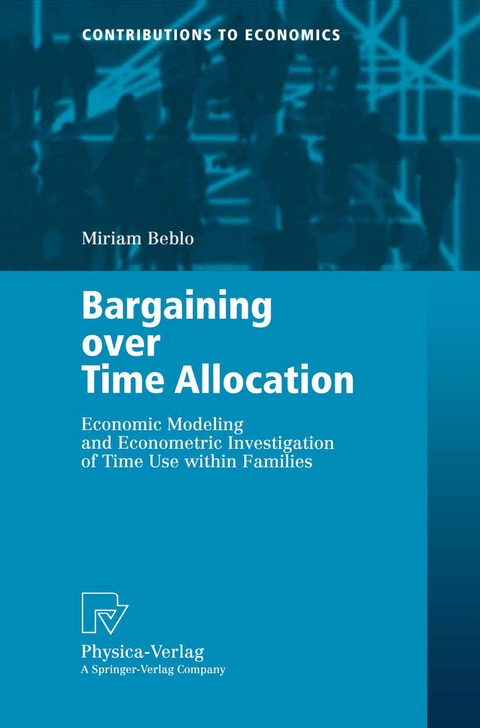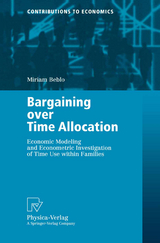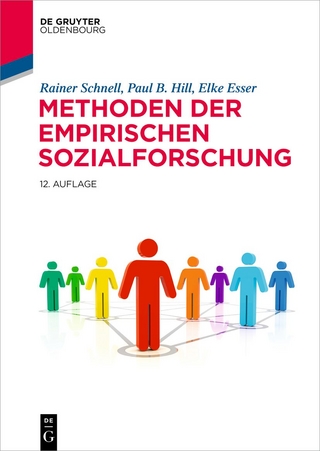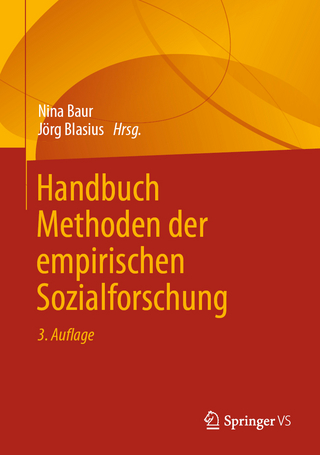Bargaining over Time Allocation
Physica (Verlag)
978-3-7908-1391-3 (ISBN)
1 Introduction.- 1.1 Time allocation in a bargaining family.- 1.2 Time use.- 1.3 The family as an economic institution.- 1.4 A reader's guide.- 2 Theories on intrafamily time allocation.- 2.1 The unitary model.- 2.2 Under critique.- 2.3 Bargaining models.- 3 Empirical evidence on intrafamily time allocation.- 3.1 Introduction.- 3.2 Testing for unitary income pooling.- 3.3 Testing for Slutsky symmetry.- 3.4 Testing for Pareto efficiency.- 3.5 Testing for the impact of EEPs and decision-making power.- 3.6 A starting point for further research.- 4 The strategic aspect of female labor supply.- 4.1 Introduction.- 4.2 A dynamic bargaining model.- 4.3 Empirical implementation of the bargaining effect of labor supply.- 4.4 Conclusions.- 4.5 Further research.- 5 A panel-econometric analysis of the division of housework time.- 5.1 Introduction.- 5.2 The time use of employed couples.- 5.3 Theoretical approaches to intrafamily time allocation.- 5.4 The division of housework time: estimation results.- 5.5 Conclusions.- 5.6 Appendix.- 6 Leisure - A model on private provision of family public goods.- 6.1 Introduction.- 6.2 The model.- 6.3 The Stackelberg game.- 6.4 Conclusions.- 7 The leisure gap between working parents.- 7.1 Introduction.- 7.2 Basic facts of intrafamily distribution of leisure.- 7.3 The distribution of leisure as an alternating offers game.- 7.4 The distribution of leisure - estimation results.- 7.5 Conclusions.- 8 Resume.- 8.1 Principal findings.- 8.2 Policy implications.- 8.3 The next step: cooperative conflicts in a qualitative bargaining framework.- List of figures.- List of tables.- References.
| Erscheint lt. Verlag | 24.4.2001 |
|---|---|
| Reihe/Serie | Contributions to Economics |
| Zusatzinfo | IX, 139 p. |
| Verlagsort | Heidelberg |
| Sprache | englisch |
| Maße | 155 x 235 mm |
| Gewicht | 240 g |
| Themenwelt | Sozialwissenschaften ► Soziologie ► Empirische Sozialforschung |
| Wirtschaft ► Volkswirtschaftslehre ► Ökonometrie | |
| Wirtschaft ► Volkswirtschaftslehre ► Wirtschaftspolitik | |
| Schlagworte | Altern • Bargaining • Economics of Gender • Familienökonomie • Family Decision Making • Female Employment • Haushalt • income • Ökonometrie • Time Allocation • Time Use • Women • Zeitaufwand |
| ISBN-10 | 3-7908-1391-5 / 3790813915 |
| ISBN-13 | 978-3-7908-1391-3 / 9783790813913 |
| Zustand | Neuware |
| Informationen gemäß Produktsicherheitsverordnung (GPSR) | |
| Haben Sie eine Frage zum Produkt? |
aus dem Bereich




